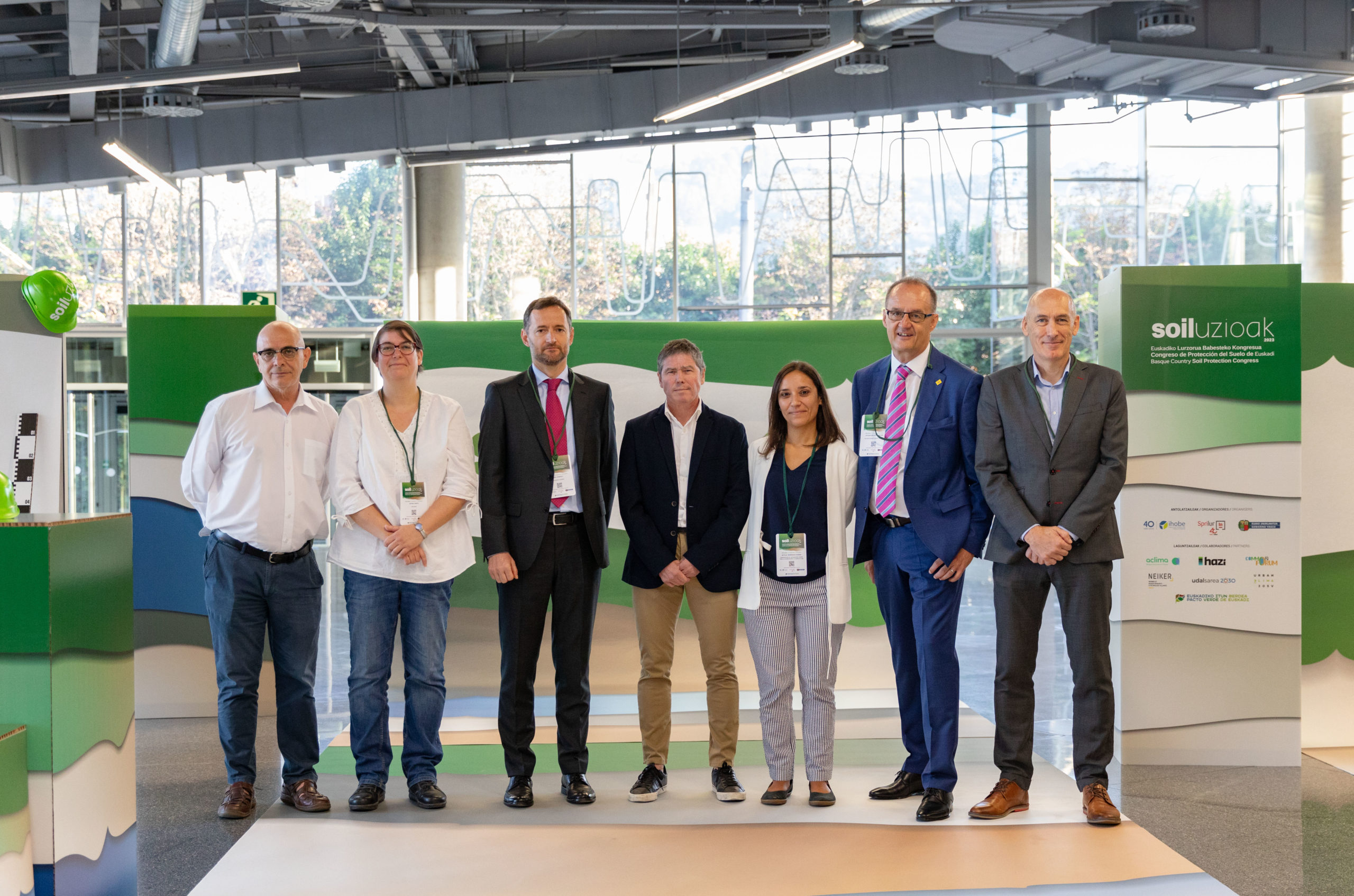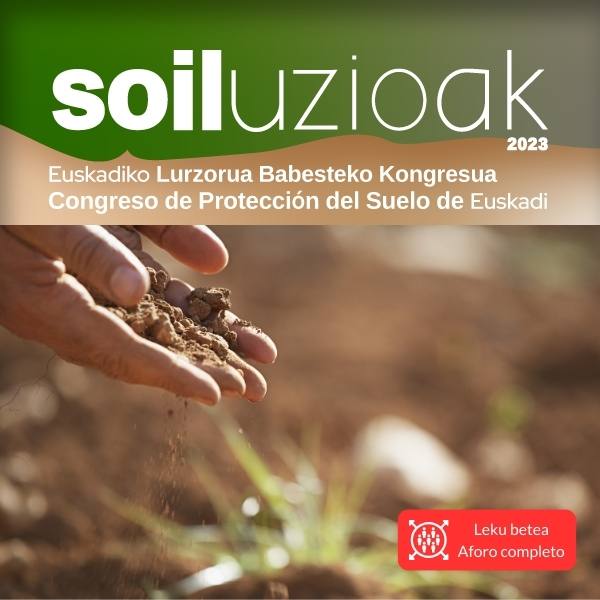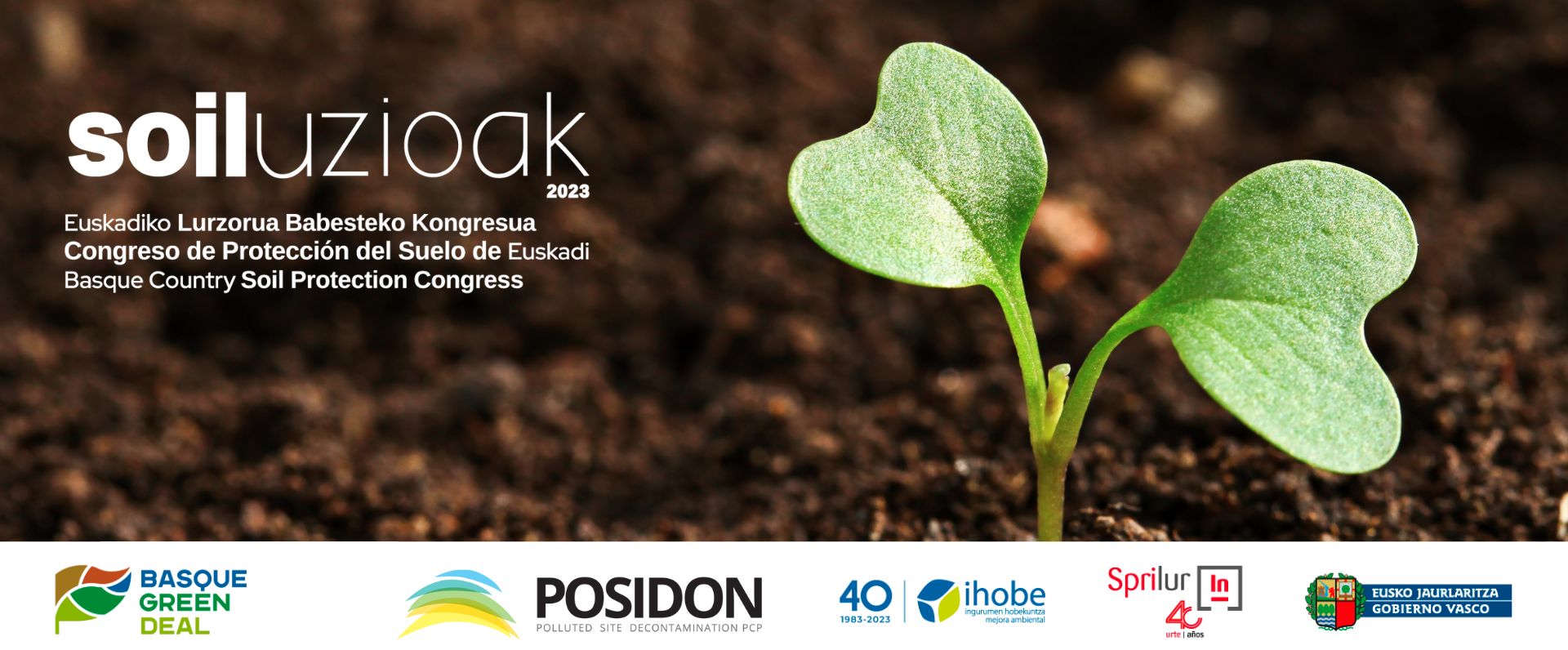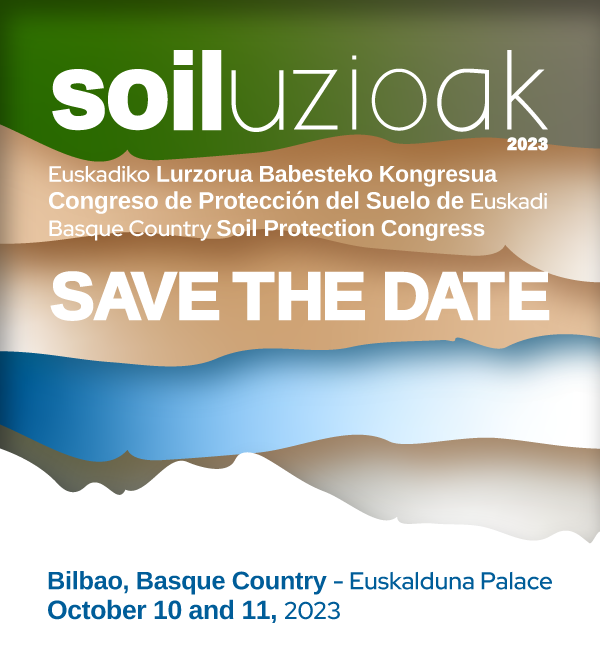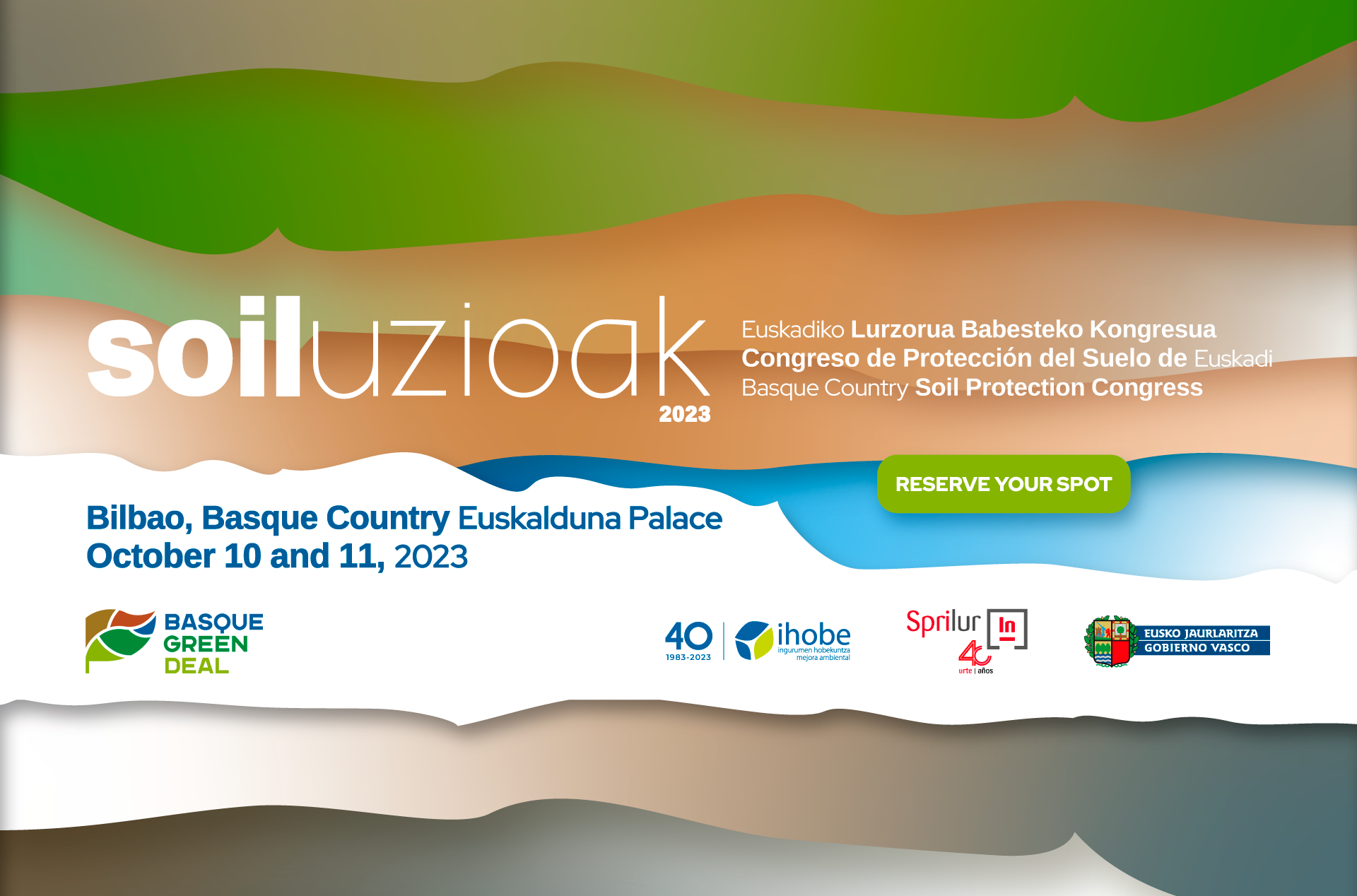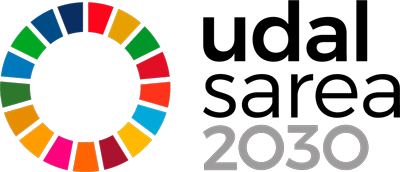- The Basque Country is the only Autonomous Community with a comprehensive protection strategy for this non-renewable resource and is also one of the few strategies of its kind in Europe
- Over 300 experts spent two days debating the keys to sustainable management of this environment from all perspectives: legislation, adaptation to climate change, spatial planning and awareness and dissemination of the value of soil
The Basque Country is one of the most advanced territories in terms of comprehensive soil protection. This was made clear at the SOILUZIOAK 2023 Conference on Soil Protection in the Basque Country, where the Basque Country’s 2030 Land Protection Strategy, which was approved in June 2022, was outlined. This pioneering measure makes the Basque Country the only Autonomous Community with a comprehensive protection strategy for this non-renewable resource, one of the few of its kind in Europe.
Alexander Boto, General Manager of Ihobe, the Basque Government’s Public Environmental Management Company, today closed the soil protection event of the year with the conviction that the congress “has initiated the path towards taking action on integrated soil protection management and has forged the partnerships needed to achieve the global target of zero net land degradation by 2050”.
The SOILUZIOAK 2023 Conference on Soil Protection in the Basque Country, which was held in Bilbao on October 10 and 11, was attended by more than 300 experts, with speeches by representatives of international organisations such as the FAO, the European Commission and the European Environment Agency.
European Commission and the European Environment Agency. During his speech, Boto highlighted the Basque Government’s commitment to soil protection, “the great forgotten environmental issue, as the Basque Country has a specific strategy, a pioneering environmental planning measure among the main European regions, which is committed to effective governance, an essential part of ensuring the transversality of the policies involved in soil protection”.
The debate over the two days, in the form of keynote presentations, inspirational talks and round tables, made it possible to tackle the issues involved in soil protection and draw a number of conclusions:
- In Europe, 60% of soils suffer from soil degradation processes. Putting the brakes on this degradation would require developing data-driven policies with monitoring systems, pushing ahead with harmonised soil legislation, and working to improve governance systems on a multi-agency scale, among other actions.
- The European soil protection strategy and the upcoming directive on soil monitoring and soil resilience should serve to harmonise the criteria for action on soil and integrate the circularity not only of vacant land, but also of excavated materials.
- Greater knowledge is needed about soil in order to make decisions and to move forward. Measuring soil health is not easy. The future of soil in the Basque Country will depend on the creation of a soil quality observatory.
- Europe needs to define minimum standards in this area so that comparisons can be made at a European level.
- Soil plays a central role in the Farm to Fork Strategy and in the Common Agricultural Policy (CAP). In the Basque Country, about 60% of the territory is managed by the primary sector, which means that the health of our land depends to a large extent on what practices are employed.
- In the field of spatial planning, priority is given to a territorial model that avoids new occupations, promotes the reuse of vacant land, preserves agricultural land, and promotes green infrastructures.
- In addition to being one of the main carbon sinks and contributing to climate change mitigation, soil is an indispensable ally in adapting to the effects of climate change.
- Ensuring soil health involves raising awareness and informing the public of the value of soil as a life-support system. For our lives, for the lives of ecosystems and all the services and functions they provide us with.
Soil protection and societal challenges
The second day of SOILUZIOAK 2023 focused on the relationship between soil protection and the challenges facing society. The sessions included presentations by Ana María Alonso Zarza, Director of the Spanish Geological and Mining Institute; Margot de Cleen, from the Dutch Ministry of Infrastructure and Water Management; Dario Piselli, from the European Environment Agency; María José Sanz, from the Basque Centre for Climate Change (BC3); and Carlos Garbisu, Scientific Director of NEIKER. In addition, the day ended with an inspiring lecture by Dalila Argueta, Honduran Human Rights and Community Land Advocate.
Pre-events: Common Forum annual meeting and Posidon final conference
Experiences from other advanced European regions in this field were shared as a prelude to the SOILUZIOAK 2023 congress on soil protection: the day before, October 9, the annual meeting of the European network Common Forum on Contaminated Land specialising in contaminated soils and new strategies for soil protection was held. The meeting, which was made up of technical managers from European Union countries, was attended by fifty representatives from European governments and environmental agencies.
On the same day, the Posidon project, which is aimed at finding innovative solutions for depolluting soil and is funded by the European Commission, held its final conference after five years of activity, in a session in which the future of pre-commercial public procurement of R&D&I for soil remediation in Europe was discussed.
More information: www.soiluzioak.eus | prensa@soiluzioak.eus
